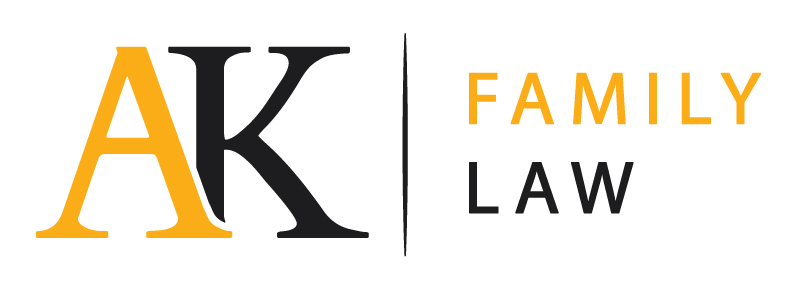The Child Support system has been set up by the federal government to provide a legal mechanism to enforce what is otherwise a parent’s moral obligation to provide financial support for their children, at least until the child turns 18.
So what is it for? Child Support covers expenses for children such as food, housing, clothes, school costs and other activities. Parents are otherwise generally required to each bear the costs of raising their children when they are in their care.
How is it calculated? The Child Support Agency (“CSA”), follows a mathematical formula into which a number of variables are inserted to work out how much child support should be paid.
What variables or factors affect how much child support is paid? The different variables that are used in the mathematical formula include:-
- The number of children the payer and payee parent has;
- How old the children are,
- the income of each of the parents, and
- the amount of time each parent cares for the children.
The payer parent can offset child support payments by making direct payments to third parties. It is important to note that this can only occur if there is agreement between the parents, or under limited circumstances if there is no agreement upon application to the CSA.
What third party expenses can be credited towards my child support obligation? Well firstly only certain “prescribed expenses” of up to 30% of their cash child support liabilities can be credited.
The “prescribed expenses” include:-
- School uniforms and prescribed text books.
- Child care payments;
- Medical and dental expenses.
- School fees;
- Housing expenses such as rent or bond payments and even mortgage repayments;
- Motor vehicle costs.
What if I don’t think the assessment is fair? You can apply to the CSA to change a child support assessment due to special circumstances.
Such special circumstances may include:-
- If the cost of spending time with your child is significant (e.g. if the parents live a a long way from each other and in order to see them expensive airfares need to be paid for)
- The child needs extra attention (e.g. the child needs braces or the child has other special needs)
- Any prior agreement of the parties (e.g. if the parents have previously agreed the child should attend a private school or engage in another expensive extracurricular activity)
- The assessment does not properly reflect one or both parent’s capacity to pay child support. This often occurs where one party’s taxation return (upon which child support is often assessed) does not truly reflect their actual income.
If you have an issue with Child Support, we can help.


